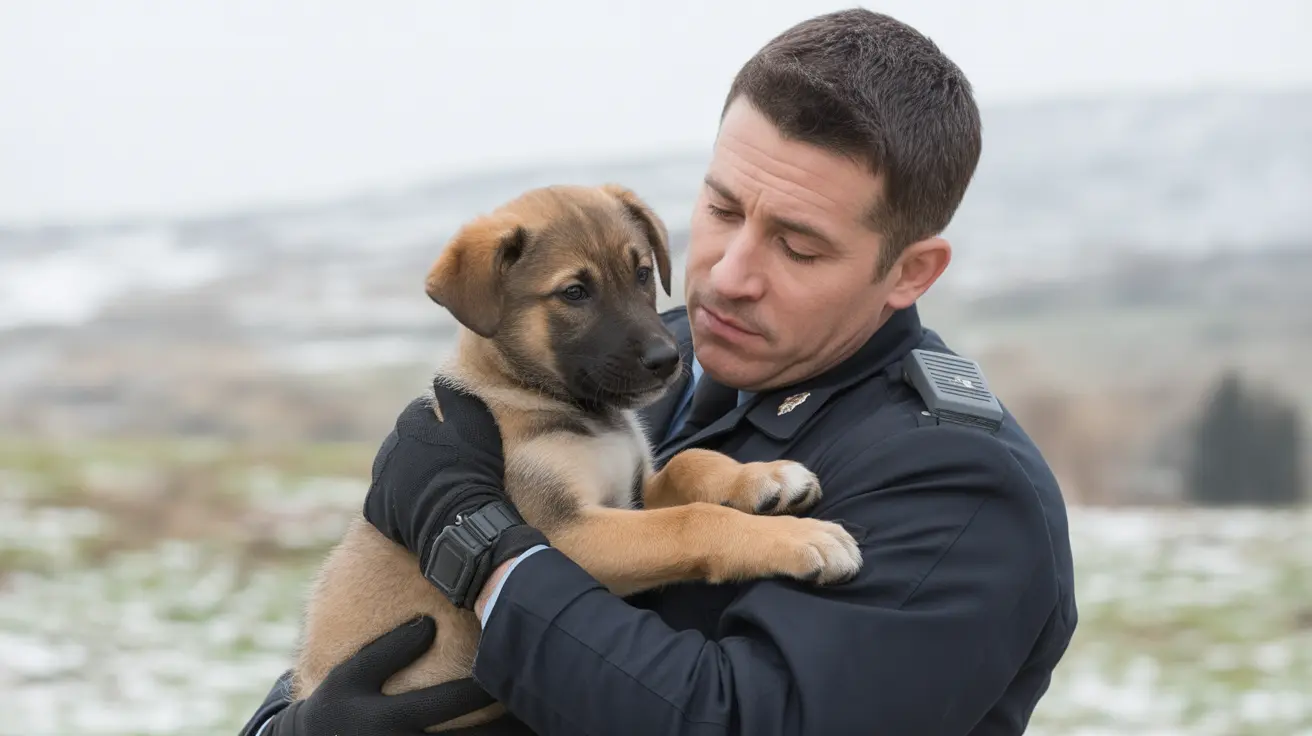Why Your Dog Needs the Distemper Vaccine
Canine distemper is a
highly contagious and potentially fatal viral disease that affects not only dogs but also wild animals such as foxes, raccoons, and skunks. The virus attacks multiple systems in the body, including the respiratory, gastrointestinal, and nervous systems, resulting in a wide array of clinical signs and frequently leading to death. If a dog doesn't get a distemper shot, the consequences can be severe and long-lasting.
How Dogs Contract Canine Distemper
The
canine distemper virus primarily spreads through airborne particles. Dogs can catch it by:
- Breathing in respiratory droplets from an infected animal through coughing or sneezing
- Sharing contaminated food and water bowls
- Exposure to infected environments or objects
- Contact with wildlife populations that harbor the virus
Once exposed, the virus can stay in a dog's body fluids and continues to shed for months, increasing the risk to other animals.
Clinical Signs of Canine Distemper
The symptoms vary depending on the stage of the disease:
- Early Symptoms: Eye and nasal discharge, fever, coughing, lethargy, vomiting, and diarrhea
- Neurological Signs: Muscle twitching, seizures, convulsions, circling behavior, paralysis, and "chewing gum fits"
- Advanced Effects: Hardening of the nose and paw pads, and permanent neurological damage
If the infection occurs before the puppy's adult teeth emerge, it may result in long-term dental damage.
The Lethality and Long-Term Damage
Approximately
50% of infected dogs die from canine distemper. Those that survive often suffer
permanent neurological issues like seizures or paralysis, which can significantly reduce their quality of life.
No Cure—Only Supportive Care
There is no specific cure for canine distemper. Treatment involves supportive therapies including:
- Fluids to combat dehydration
- Medications to control vomiting and diarrhea
- Antibiotics to prevent secondary infections
- Anti-seizure drugs for neurological symptoms
Isolation is essential to prevent the spread of disease, but even with aggressive treatment, the prognosis is poor.
The Importance of Vaccination
The
canine distemper vaccine is part of the core set of vaccines (e.g., DHPP, DAPP, DA2PP) and is the most effective defense against this dangerous virus. Vaccination schedules typically follow this protocol:
- Puppies: Start at 6–8 weeks of age, with boosters every 2–4 weeks until 14–16 weeks old
- Adults: Booster one year after the initial series, then every three years
Because maternal antibodies can interfere with vaccine efficacy in young puppies, completing the full series is critical.
Risk Beyond the Home
Even mostly indoor dogs are at risk. Accidental exposures can happen in:
- Veterinary clinics
- Boarding kennels
- Dog parks
- Grooming facilities
Many of these environments may harbor unvaccinated or infected dogs, making up-to-date vaccinations essential.
Side Effects and Cost
Most dogs tolerate the vaccine well. Side effects are typically mild:
- Soreness at the injection site
- Mild lethargy or fever
- Reduced appetite
Rarely, severe allergic reactions may occur—characterized by vomiting, hives, facial swelling, or breathing difficulties—which require immediate veterinary care.
Vaccine cost ranges from
$25–$50 per dose. Pet wellness plans often help cover these expenses.
Preventive Strategies Beyond Vaccines
In addition to vaccination, dog owners should:
- Limit exposure to sick or unvaccinated dogs
- Use only reputable kennels and grooming services that require vaccinations
- Practice good hygiene and clean up feces promptly
Conclusion
Failing to vaccinate a dog against canine distemper exposes it to
unnecessary and potentially fatal risks. The disease spreads easily, causes severe multi-system damage, and often results in death or permanent disability. Vaccination is safe, relatively inexpensive, and highly effective — making it the best decision for your dog's health. Ensure your pet follows the recommended vaccine schedule and consult your veterinarian for personalized guidance.





